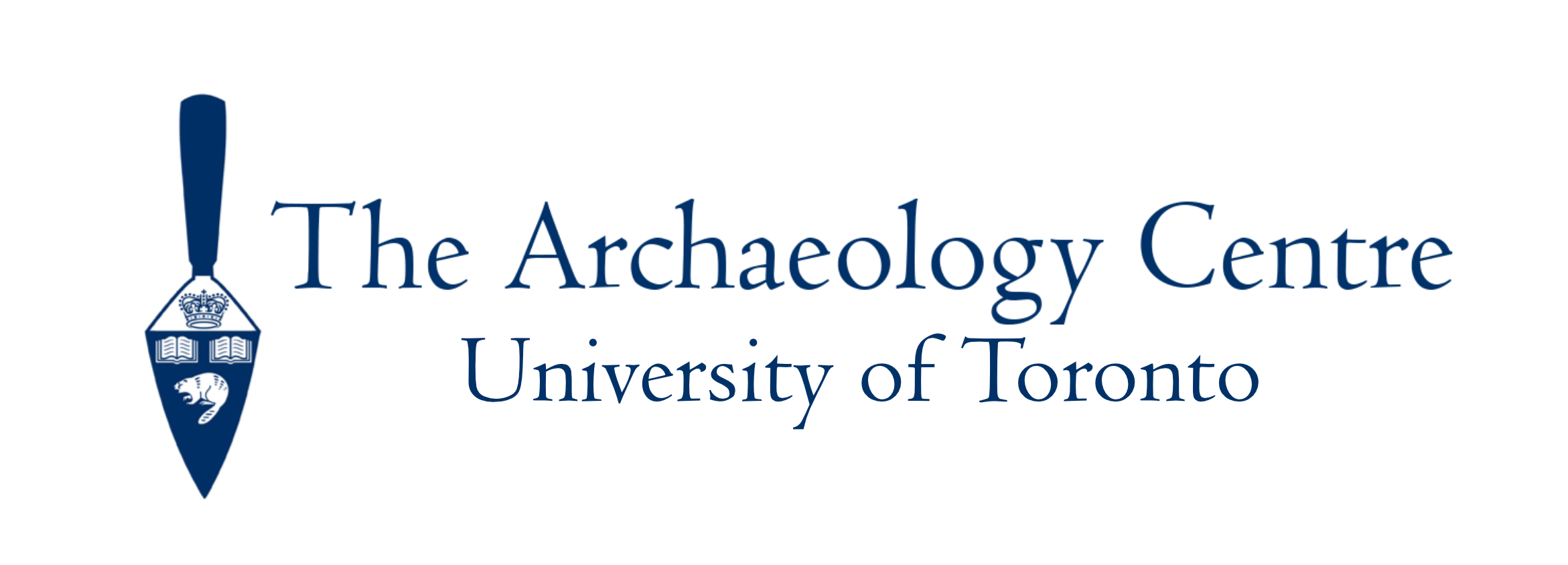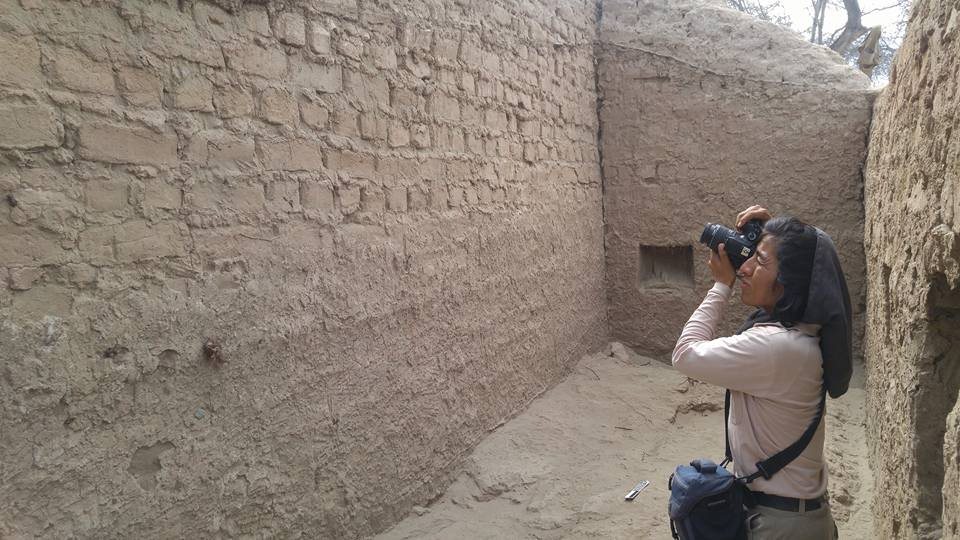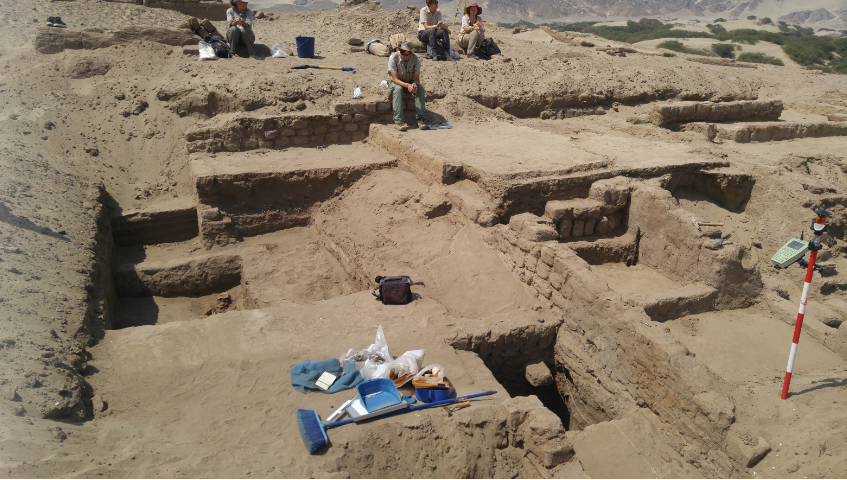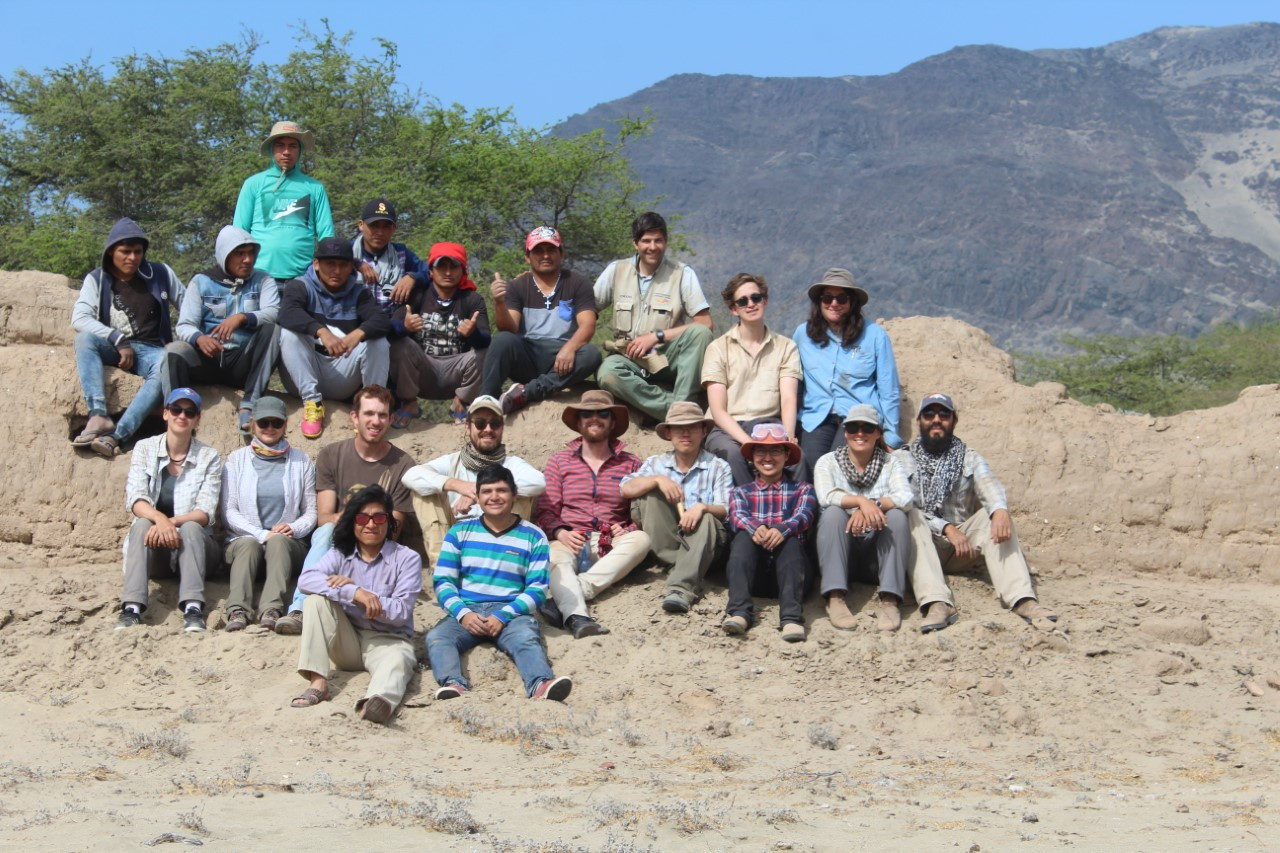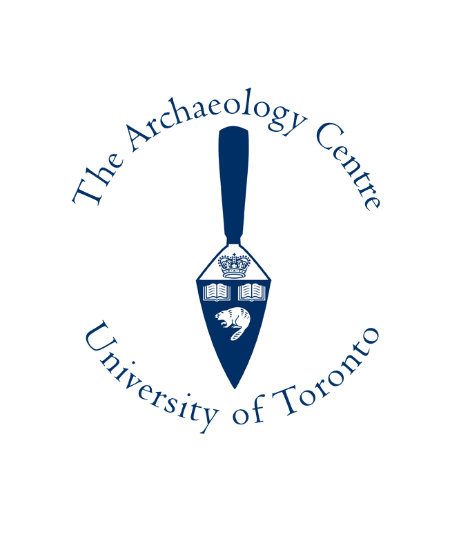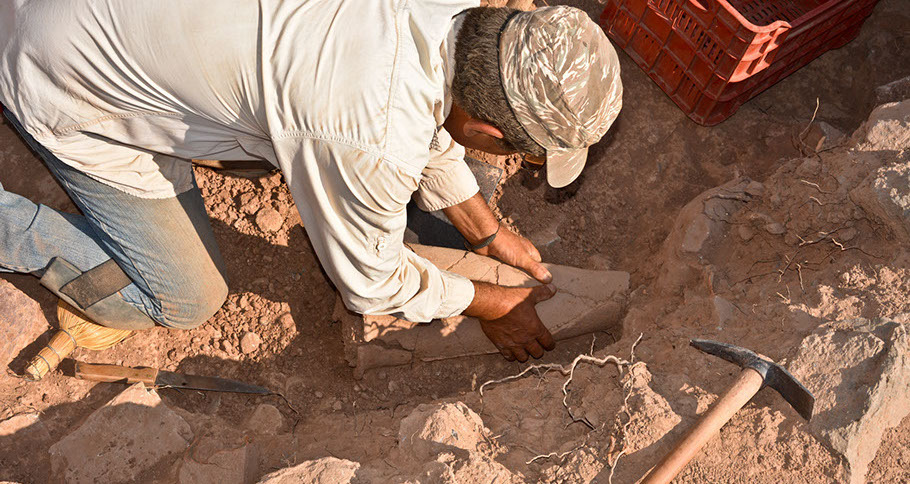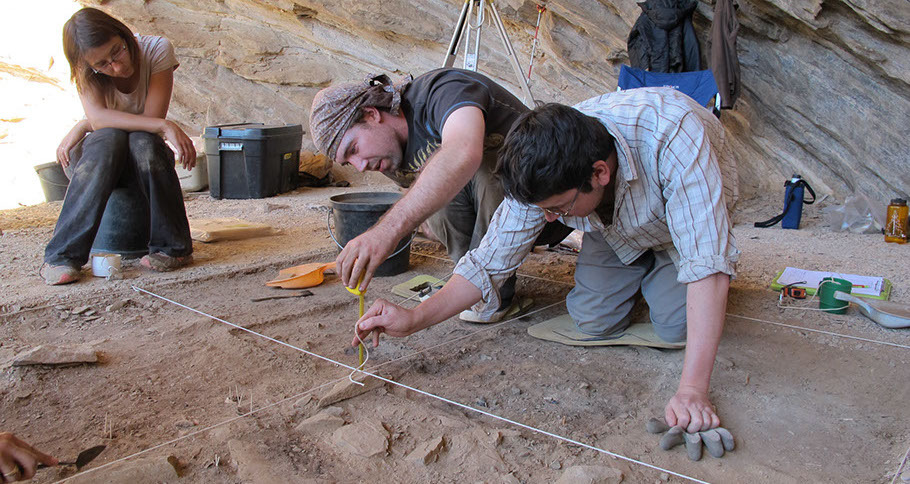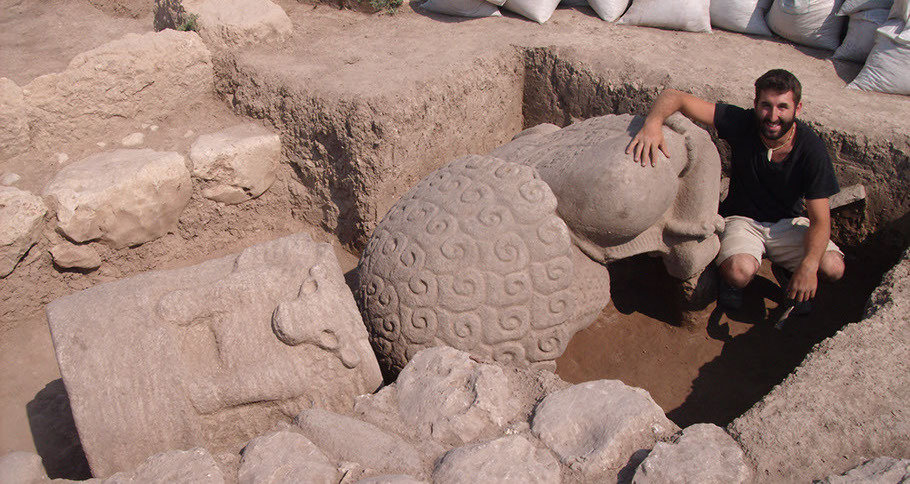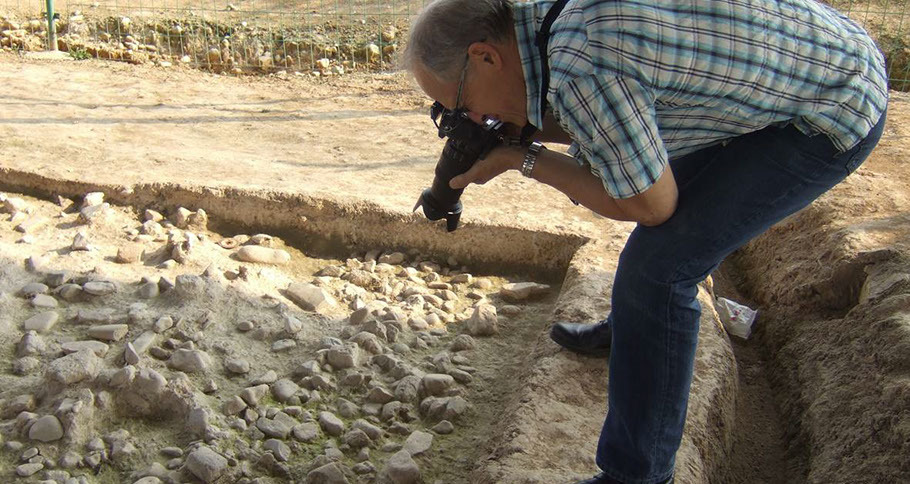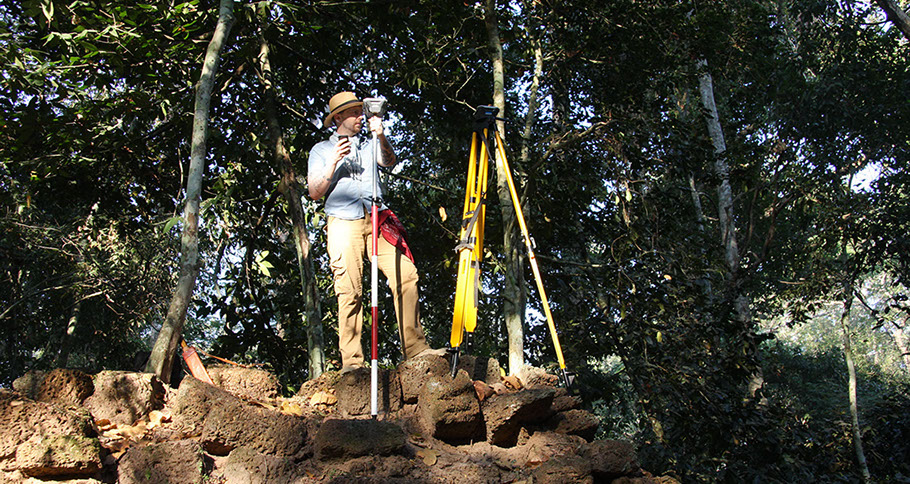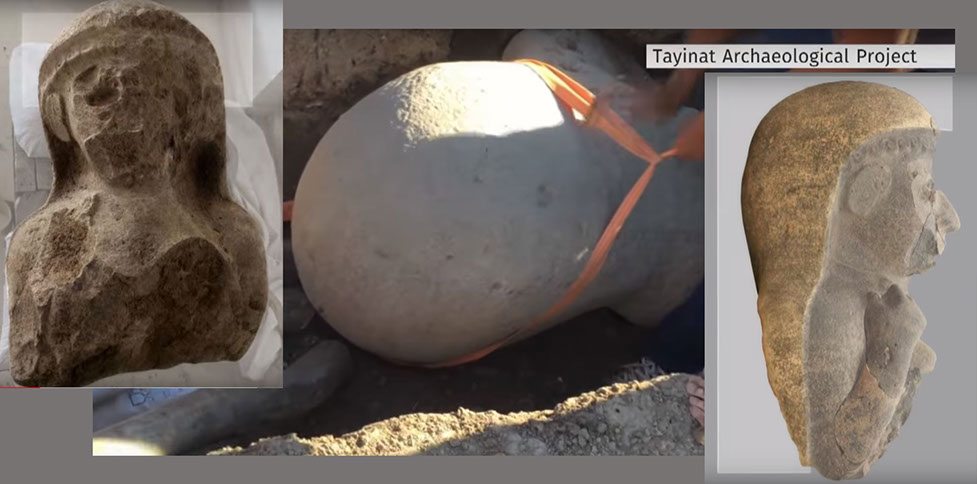About the Archaeology Centre
The Archaeology Centre is a community that brings archaeologists and people interested in archaeology together across the University of Toronto and beyond. We aim to provide a centralized hub of information about opportunities (e.g., field schools, scholarships, etc.) and events (e.g., lectures, interest groups, symposia, etc.) related to archaeology. We are not an academic unit at the university and do not offer courses for credit or degree programs. Please do not email the Archaeology Centre with questions about degree requirements. If you are interested in academically pursuing archaeology at the University of Toronto, please see the following departments for more information and contacts, as well as UofT’s Mediterranean Archaeology Collaborative Specialization (MACS):
- Department of Anthropology
- Department of Art History
- Department of Classics
- Department of Near & Middle Eastern Civilizations
- Department of Earth Sciences
Regular Interest Groups
The Faunal Interest Group
The group has convened by-weekly (times TBA; in the Archaeology Centre boardroom AP140 at 19 Ursula Franklin Street) since September 2007. The group discusses new and old issues of zoo archaeological method and theory. For more information, please contact Moses Akogun at moses.akogun@mail.utoronto.ca.
Next meeting: Friday October 31, 12:00 PM Eastern Time (US and Canada). Venue: AP140 (Arch Center Board Room), Department of Anthropology. Zoom Meeting ID: 832 0926 3486 https://utoronto.zoom.us/j/83209263486. Article: Raymond, P., Ruebens, K., Bray, F., Castel, J.-C., Morin, E., Le Brun-Ricalens, F., Bordes, J.-G., Rolando, C. and Hublin, J.-J. (2025), Using MALDI-FTICR Mass Spectrometry to Enhance ZooMS Identifications of Pleistocene Bone Fragments Showing Variable Collagen Preservation. Rapid Commun Mass Spectrom e10019.
The Collections Interest Group
Join the Collections Interest Group and discuss a wide array of topics regarding the care, preservation, and public education of artifacts and histories in a collections setting. Whether you are interested in a career in the museum world, plan on interacting with collections in some capacity, or simply find an interest in the curation and preservation of histories, this group is for you. Topics of discussion look to explore the relationship between ‘the institution’ which houses objects and the communities which interact with its stories, the role of ever-evolving technology in a collections/museum setting, and sustainable collections management that serves present, past, and future generations. Interested? Please contact Savanna for more information (s.buehlmanbarbeau@mail.utoronto.ca).
Next meeting: TBD
NEW – Archaeobotany & Environmental Archaeology Interest Group
Archaeobotany & Environmental Archaeology Interest Group
Are you interested in how people in the past engaged with plants, landscapes, and climate? Join the new Archaeobotany & Environmental Archaeology Interest Group at U of T!
This graduate-led group provides a space for discussion, collaboration, and curiosity-driven exploration of the intersections between plants, foodways, people, and environments in the past. We’ll focus on themes such as:
- Human–environment interactions in deep time
- Climate change and resilience in past societies
- Cuisine, diet, and the cultural significance of plants
- Methods and theories in environmental archaeology
Whether your background is in archaeology, anthropology, ecology, history, or related fields, this is a chance to share ideas, workshop projects, and build connections with others who care about reconstructing the lived experiences of past communities through their relationships with plants and landscapes. Come be part of shaping a vibrant intellectual community where we put people back into the past by exploring their environmental choices and legacies. Please email Lachlan Kyle-Robinson (lachlan.kylerobinson@mail.utoronto.ca) with any questions.
Next Meeting: TBD
November Talks
The AIA (Toronto society) presents: “A High Altitude Big Bang: The Development of the Tiwanaku ‘State’ in the Lake Titicaca Basin, Bolivia,” by Dr. Andrew Roddick (Department of Antrhopology, McMaster). Tuesday November 25th 2025 at 6:10 pm in AP130 (19 Ursula Franklin St.). Click here to register for online attendance. The site of Tiwanaku, located on the edge of Lake Titicaca in the high plains or “altiplano” of the Bolivian Andes, has intrigued archaeologists for over a century. In recent years, however, we have seen an explosion of research at both Tiwanaku (475-1100 AD), and neighbouring earlier Late Formative (300 BC-475 AD) sites. I have been part of these efforts for almost 25 years, contributing to a more nuanced perspective to the environmental and historical processes prior to Tiwanaku. In this talk, I discuss some of the recent research on this Late Formative Period and our current understanding of Tiwanaku. I argue that while some of these social changes were gradual, there was a “big bang” – an explosion of politics, new economies, and creative endeavors – around the end of the 4th century AD. I present some of the current explanations for this “big bang” and discuss some of the processes that lead up to the first city in the highlands of Andean South America, and touch on current understandings of its downfall.

